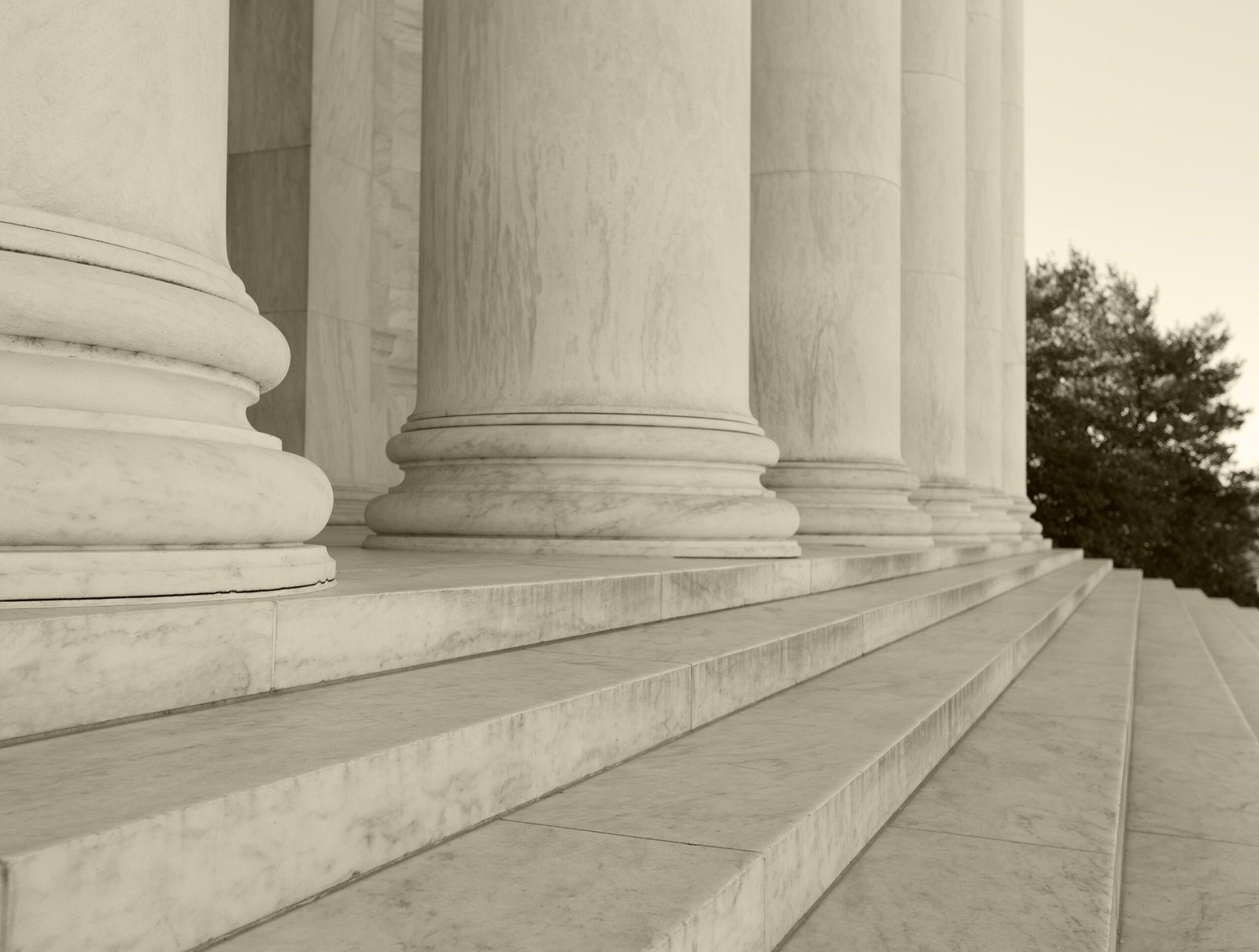We continue our study of I Peter 5:10—But the God of all grace, who hath called us unto his eternal glory by Christ Jesus, after that ye have suffered a while, make you perfect, stablish, strengthen, settle you.
Today: “Stablish.” To found, institute, build on a firm basis.
In I Kings 7, Hiram, “half” Israelite (on his mother’s side) was summoned by King Solomon to work on the temple in Jerusalem. Hiram’s father was a man of Tyre, whose citizens had been known for centuries to be skilled craftsmen. Hiram’s reputation must have been impressive, for the Bible tells us that Solomon “sent and fetched Hiram out of Tyre”(v. 1). Using a skill he had learned in Tyre, Hiram did all the “brass work” in the Temple.
The Temple consisted of three parts: the porch, the courtyard, and the Holy of Holies. At the entrance to the Temple in the porch, Hiram built two pillars of brass, 27 feet high and 18 feet around. At the top of these pillars, he put two “chapiters” or tops, which were 7 1/2 feet tall and he decorated these chapiters with ornate work (checker work, chain work, pomegranates, and lily work). The lily work alone measured 6 feet.
When he set up these two pillars in front of the porch and he named them Jachin—“He establishes” and Boaz—“In Him is strength.” These pillars did nothing to support the weight of the building and no one is sure what their meaning was. Some scholars believe they were to remind people of the pillar of cloud and the pillar of fire which led the children of Israel on their journey to the Promised Land. Whatever their purpose, they were continual reminders to those who came to worship that they must depend on God only for spiritual strength and stability.
Stability. A favorite word with only positive connotations.
Judge the foundation of a building;
Check on the progress of an ill or injured patient;
Inquire about the person your child is dating;
Then receive the report: “Stable” and you feel immediate relief.
If there is anything we long for…especially in the current age and circumstances, it is stability.
We establish patterns, customs, boundaries, protocol, institutions of learning, homes, families, organizations.
In days gone by, people would affix plaques featuring names of families or estates and the date the home was “established.” Est. 1875, for instance.
Nothing says, “maturity,” or implies a certain level or pinnacle of life like saying, “He got established.”
But when we are suffering, as the first part of the verse reminds us, we feel anything but stable. Sometimes the ground under our feet shifts and sinks. Sometimes this occurs because of our own sin or poor judgment or poorly thought out decisions.
Sometimes, we find ourselves on shaky ground because of the actions of others. Or illness. Or loss. Or financial reversal.
Either way, we feel adrift, wondering when we’re going to get the ground back under our feet.
When the world will stop quaking.
When life will go back to being “normal.”
There are many references and promises in the Bible about the joys and benefits and future blessings of being established. Many of them have to do with the covenant God established with His people, the establishment of a church or work.
Many of these verses have to do with ourselves as individuals.
Psalms 40:2. He brought me up also out of an horrible pit, out of the miry clay, and set my feet upon a rock, and established my goings.
Psalms 90:17. And let the beauty of the LORD our God be upon us: and establish thou the work of our hands upon us; yea, the work of our hands establish thou it.
Psalms 112:8. His heart is established, he shall not be afraid, until he see his desire upon his enemies.
Another symbol of the blessing of being established is the tree. A favorite verse of mine, which I claimed and clung to during difficult days is
Jeremiah 17:7-8. Blessed is the man that trusteth in the LORD, and whose hope the LORD is.
Charles Spurgeon: We cannot be established except by suffering. It is of no use our hoping that we shall be well-rooted if no March winds have passed over us. The young oak cannot be expected to strike its roots so deep as the old one. Those old gnarlings on the roots, and those strange twistings of the branches, all tell of many storms that have swept over the aged tree. But they are also indicators of the depths into which the roots have dived; and they tell the woodman that he might as soon expect to rend up a mountain as to tear up that oak by the roots. We must suffer a while, then shall we be established.
Today may we be assured we are established on a rock, a firm foundation, and though the sands may shift, and the storms blow, we are safe, rooted, “stablished,” on solid ground.





0 Comments